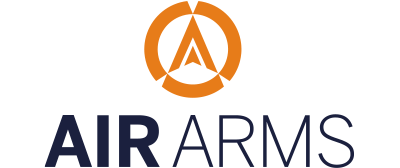
How to apply for an air rifle licence in the UK?1 Comment11 October 2024 | Air Arms
In the UK, there are many rules, codes of conduct and legal requirements for using, carrying and owning air rifles. With all the different powers, calibres, and rifle choices, it is critical that you stay up to date with the rules and requirements set by your jurisdiction. Navigating the world of firearms licensing might feel difficult and time-consuming. With differing and complicated information available online, we're here to help you through the process and take the necessary steps to secure your license, whether in England, Wales, Scotland or Northern Ireland. What kind of licences are there?In England and Wales, air rifles are categorised based on their power output, which determines the type of licence required. There are two main types of licenses: the General and Firearms certificates. A general license is a legal document issued by authorities that permits using certain guns to control pests, wildlife, and birds. This license typically doesn't require an application and covers less powerful guns, depending on your location. A Firearms certificate is granted individually after a detailed application process. This process includes checks on the applicant's background, mental health, and suitability to own firearms. This certificate is needed for owning and using firearms, air rifles, and shotguns not covered under the general License. The General LicenceThe General Licence applies to air rifles that discharge ammunition at a power level of fewer than 12 foot-pounds (including PCP air rifles, spring air rifles, gas ram, CO2 and most entry-level air rifles). While this is not a formal licence per se, it signifies that these air rifles are not subject to the same rigorous licensing requirements as more powerful firearms. These rifles are predominantly used for recreational shooting, pest control, and target practice. Despite the lack of a formal licence requirement, users must still comply with specific regulations, such as age restrictions—users must be over 18 to purchase or hire these weapons. FAC LicenceThe Firearm Certificate (FAC) is mandatory for air rifles with power over 12-foot pounds. These high-powered air rifles are classified as Section 1 firearms under the Firearms Act 1968, necessitating a more stringent regulatory framework due to their potential to cause greater harm. An FAC involves a thorough application process, including background checks, character references, and proof of a legitimate reason for possessing such a weapon. Applicants must be at least 14, but ownership is restricted to those over 18. Once granted, the certificate is valid for five years. The initial application fee is £88, and the renewal fee is £62. The FAC process underscores the importance of regulated access to high-powered air rifles, ensuring that they are only used by individuals who meet strict criteria and demonstrate responsibility in their handling and storage. Do these rules differ in Scotland and Northern Ireland?
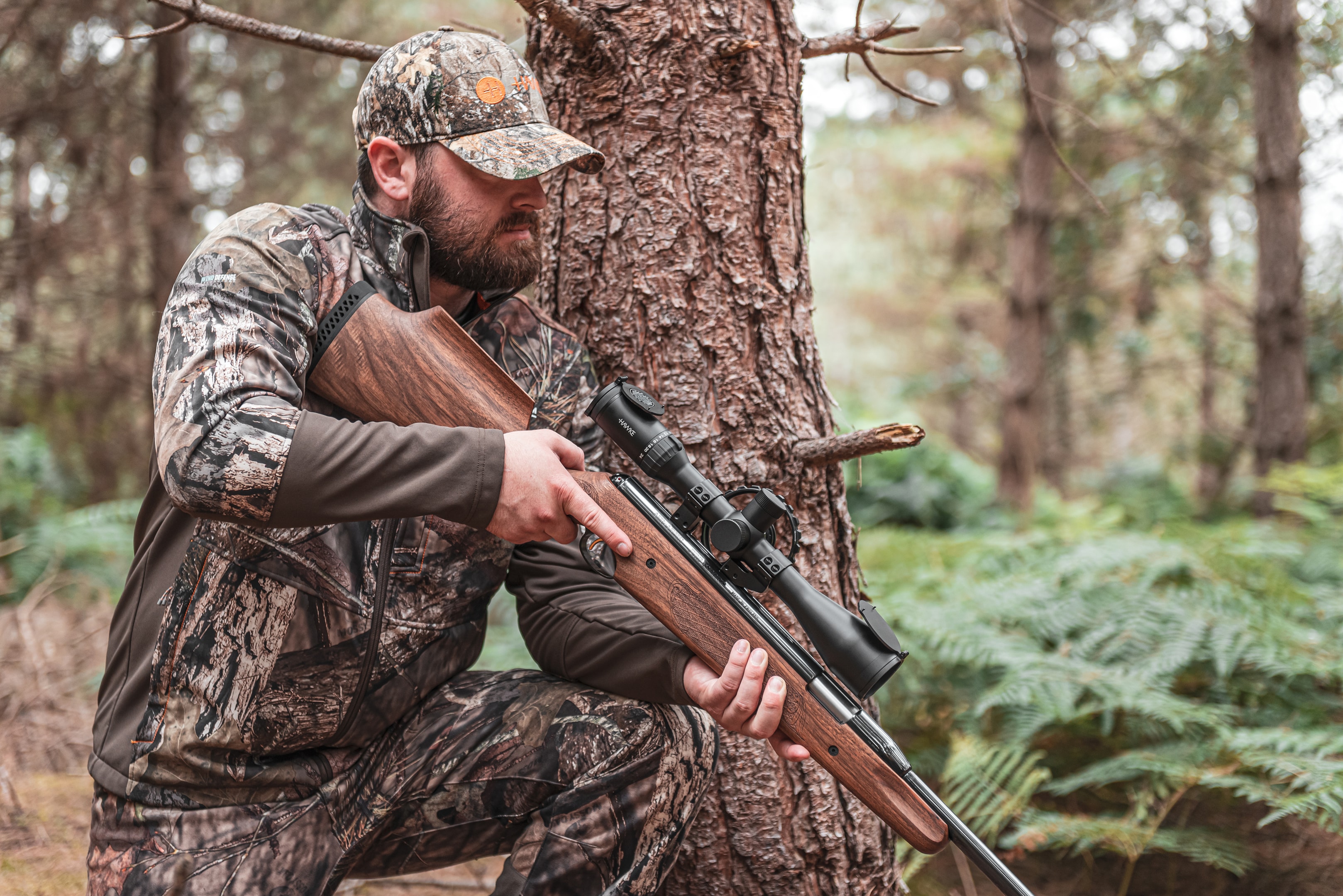 So, how do you apply for a firearms license?When applying for a firearms licence, you must meet several basic requirements to ensure your application is considered. 1) Eligibility CriteriaUnderstanding the eligibility criteria is crucial to ensuring a successful application process for a firearms licence. Two primary factors that applicants must consider are age and residency status. Age RequirementsEngland and Wales have specific age requirements for firearms licence applicants to ensure responsible usage. While individuals can apply for a Firearm Certificate (FAC) starting at 14, this does not equate to ownership or purchase rights reserved for those at least 18 years old. These age limits promote safe handling and a gradual introduction to firearm responsibilities, ensuring that only mature and responsible individuals can fully possess firearms.
Residency StatusIn England and Wales, firearm licence applicants must be UK residents. This requirement is significant because it ensures that the applicant is governed by UK laws and regulations, facilitating comprehensive background checks and ongoing compliance with local firearm legislation. Being a resident means the local authorities can more easily verify the applicant's lifestyle, history, and activities, contributing to a more thorough and reliable vetting process. Obtaining a firearms licence is generally more complex for non-residents due to the difficulties of conducting background checks and ensuring compliance with UK laws.
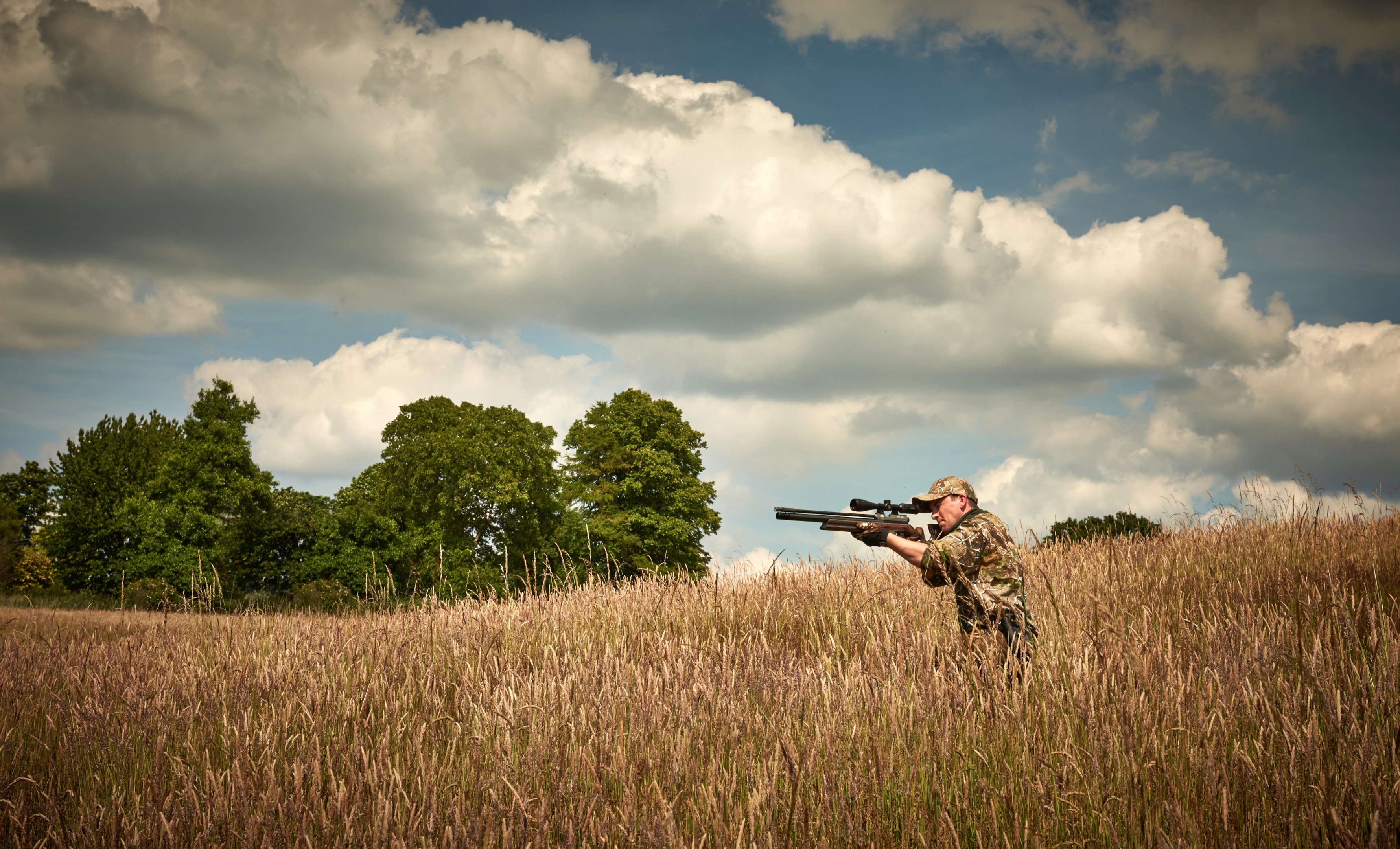 2) Disqualifying FactorsCriminal Records:Applicants with certain criminal convictions, especially those related to violence or firearms offences, may be disqualified from obtaining a firearms licence. Such convictions indicate a potential risk to public safety, and all countries take this factor very seriously. The UK takes a stringent approach to ensuring that firearms are not accessible to individuals who have demonstrated violent behaviour or disregard for the law. A custodial sentence of three years or more typically results in a lifetime ban on firearm ownership, while lesser convictions might lead to a temporary prohibition. The sensitivity around firearms means that even spent convictions are carefully scrutinised across England, Wales, Scotland, and Northern Ireland. Check your local police website to ensure you're up-to-date with the criteria. Mental Health:A history of mental health issues can also be a disqualifying factor when applying for a firearms license. The application process includes a medical evaluation where applicants must consent to the police accessing their medical records. This step is crucial to identify any conditions that might impair an individual's ability to safely manage and operate an air rifle. The focus is on ensuring that those with mental health issues that could pose a danger to themselves or others are not granted access to firearms. England and Wales:
Scotland:
Northern Ireland:
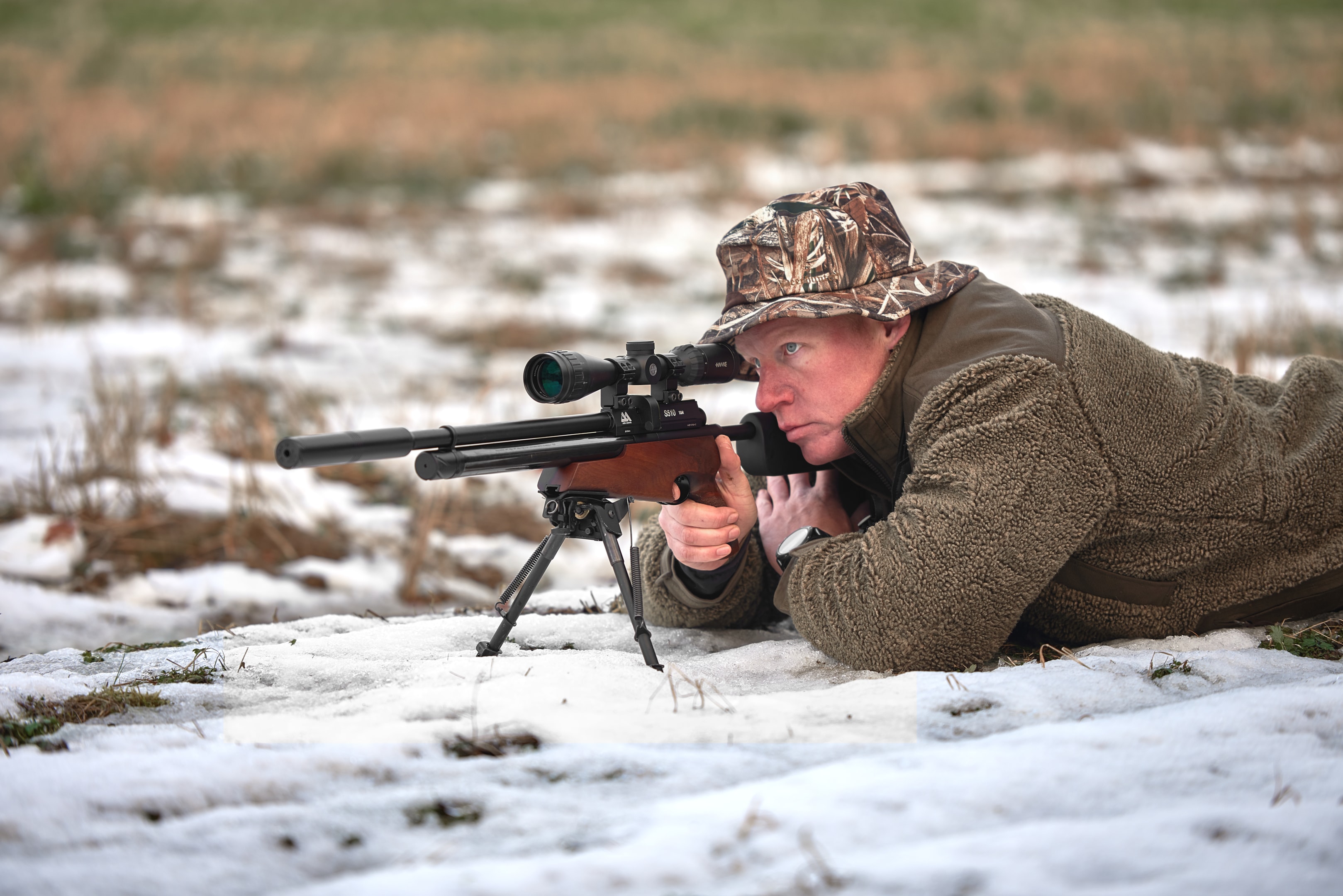 3) Necessary DocumentationChecklist of Required Documents for a Firearms Licence Application
These documents collectively ensure that the applicant is thoroughly vetted, contributing to the safe and responsible issuance of firearms licences in the UK. Each piece of documentation plays a vital role in the verification process, maintaining the integrity and safety of the licensing system. While the core documents required are generally consistent, some regions may impose additional documentation based on local law enforcement policies or security considerations. Due to historical and security contexts, Northern Ireland often involves more stringent checks and documentation. Steps to ApplyApplying for a Firearm Certificate (FAC) in England and Wales involves several important steps to ensure compliance with legal requirements and demonstrate responsible firearm ownership. Here’s a detailed guide to help you through the process: 
Fees and Payments
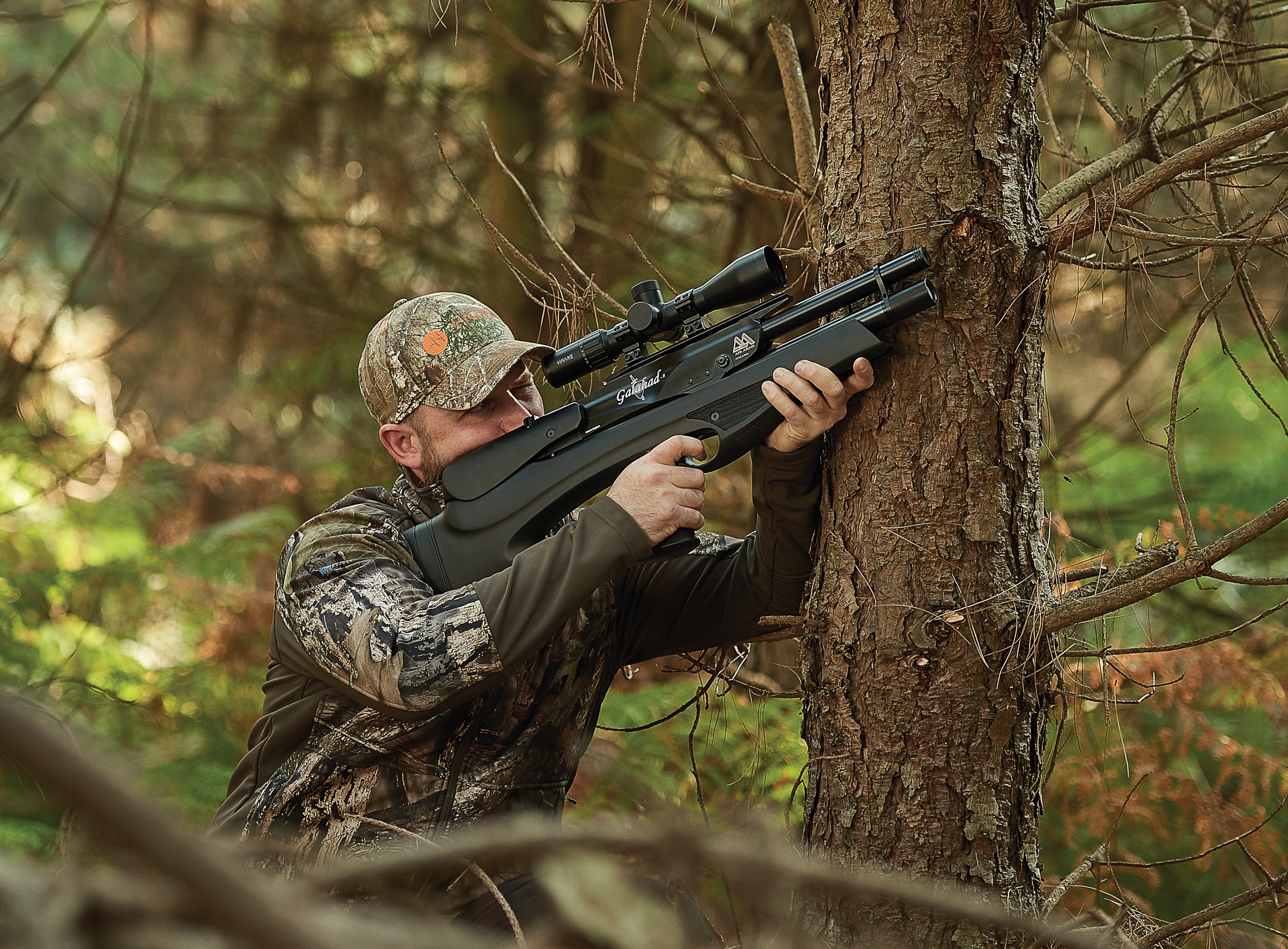 How does the process differ in Northern Ireland and Scotland?While the FAC application process and fundamentals are similar, here are some key points about the differences in application across England and Wales, Scotland and Northern Ireland.
These differences highlight the importance of understanding regional requirements when applying for a firearms licence in the UK. Always consult the local authority for the most accurate and up-to-date information. 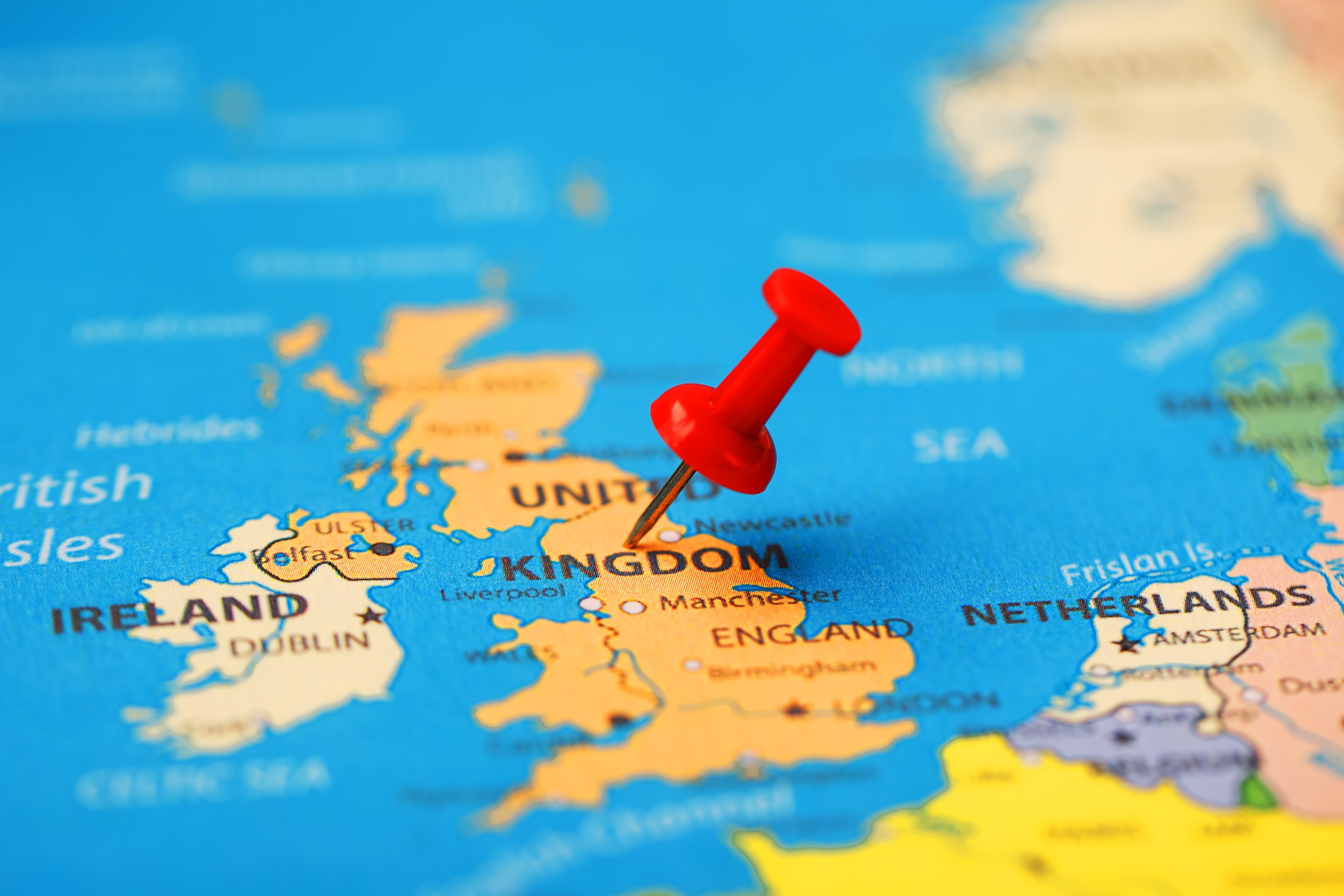 ConclusionUnderstanding the different types of firearm licenses, particularly the Firearm Certificate (FAC) in the UK, is crucial for ensuring responsible and legal ownership of firearms and air guns (air rifles). Being well-informed about the application process and the responsibilities of a FAC can help applicants navigate the system confidently and effectively. As air rifle laws and guidelines evolve, keeping up-to-date ensures compliance and helps FAC holders maintain their legal standing. Learn your local law so that you know you're using your air rifle safely and legally. If you have any queries or questions or want help getting the perfect air rifle you for you, please do not hesitate to contact us. A member of our Air Arms team will be here to help. |
|
Covid you please send me a link to apply online for
For air rifle?